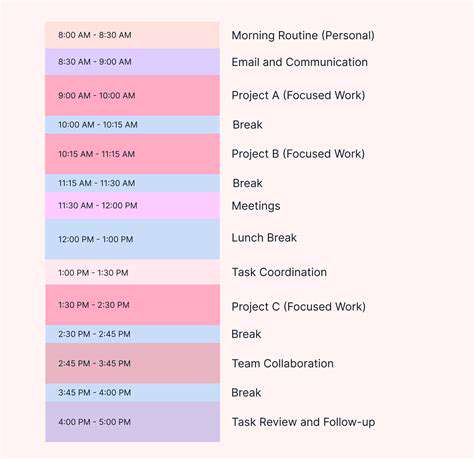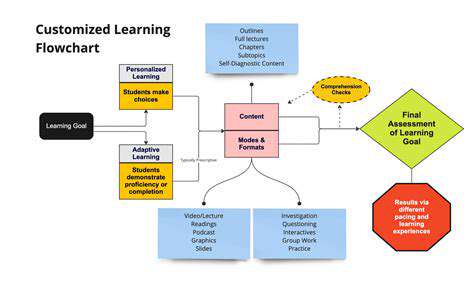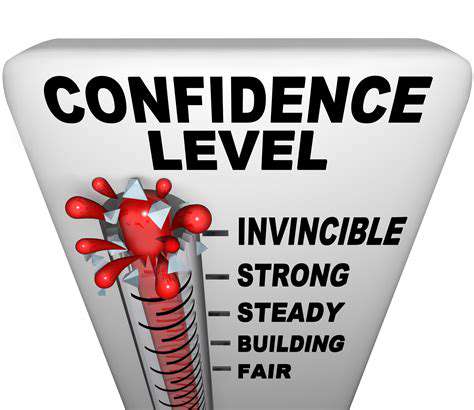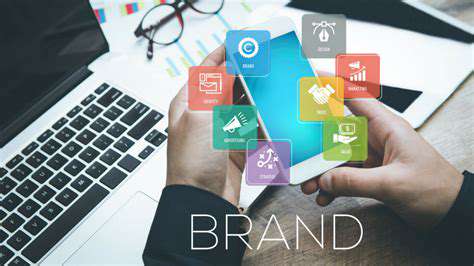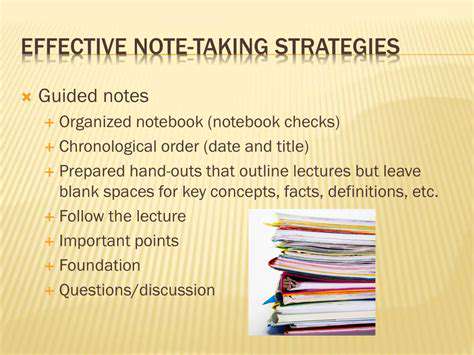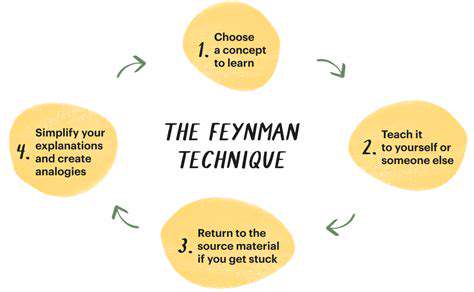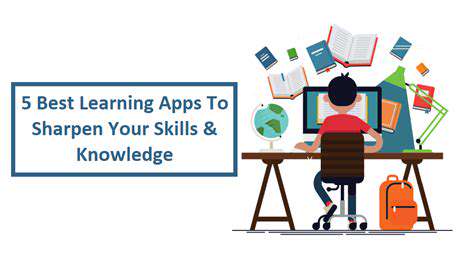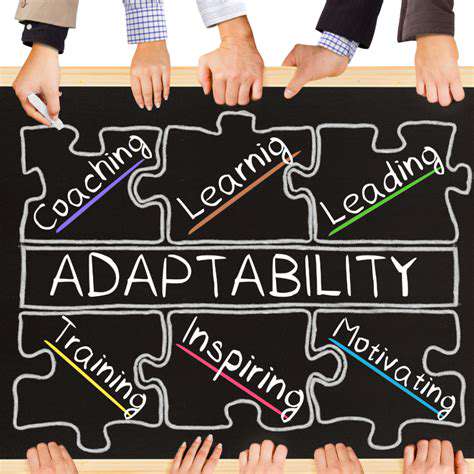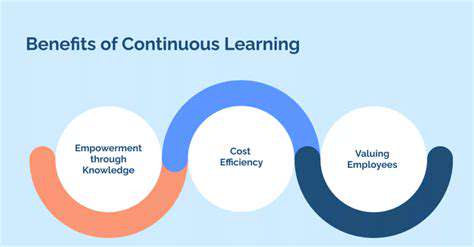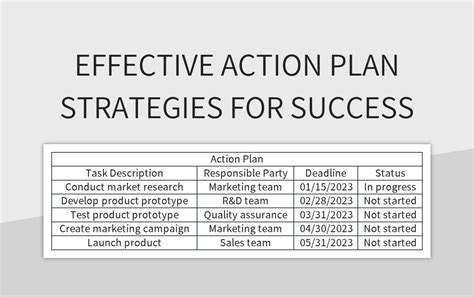Guide to Learning from Mistakes
The Importance of Feedback and Reflection
Understanding the Power of Feedback
Feedback, whether positive or constructive, plays a crucial role in personal and professional growth. It provides valuable insights into our strengths and weaknesses, allowing us to identify areas needing improvement. Effective feedback, delivered thoughtfully and with a focus on specific behaviors and outcomes, empowers us to learn from both successes and failures. Receiving feedback can be challenging, but it is an essential element in the process of continuous improvement, and a vital component of learning from mistakes.
Learning to actively solicit and receive feedback is a skill that can be developed over time. By creating a safe and supportive environment for feedback exchange, both the giver and receiver can benefit from the insights shared. Ultimately, feedback allows us to gain a clearer understanding of our impact on others and refine our approach to achieve better outcomes.
Recognizing the Value of Reflection
Reflection is the quiet space where we process experiences, analyze outcomes, and identify patterns. It's the mental space where we can step back from the immediate demands of a situation and consider what we learned, both positively and negatively. This reflective process allows us to connect the dots between our actions and the consequences, fostering a deeper understanding of ourselves and our impact on the world around us.
Regular reflection, whether through journaling, meditation, or simply taking time to contemplate, helps us to identify recurring themes and patterns in our behaviors. It is through this process of introspection that we gain the clarity needed to understand our mistakes and develop strategies to avoid repeating them in the future.
Identifying Mistakes and Their Causes
A key component of learning from mistakes is accurately identifying them. This involves examining the situation, considering the context, and understanding the specific actions that led to the undesirable outcome. What steps were taken? What assumptions were made? Were there any external factors that contributed to the error?
Often, mistakes are not isolated events but rather the culmination of a series of smaller errors or misjudgments. By dissecting the sequence of events, we can pinpoint the root causes of the problem, and develop targeted strategies for preventing similar issues in the future. This process of analysis is crucial for personal development and for building more effective processes.
Developing Strategies for Prevention
Once we understand the causes of our mistakes, we can begin to develop strategies to prevent them from happening again. This might involve modifying our approach, adopting new skills, or adjusting our mindset. This process of proactive problem-solving is essential for continuous improvement and for building resilience in the face of challenges.
A key part of developing prevention strategies is understanding the potential pitfalls and obstacles we might encounter. By anticipating these challenges and developing plans to address them, we can minimize the likelihood of repeating past mistakes. This proactive approach to learning and growth strengthens our ability to navigate complex situations and achieve our goals.
Implementing Changes and Monitoring Progress
Putting new strategies into practice is crucial for ensuring that we truly learn from our mistakes. It's not enough to identify the problem and develop a solution; we must actively implement the changes and monitor their effectiveness. This often requires a willingness to step outside our comfort zones and embrace new approaches. Tracking our progress, measuring outcomes, and adjusting strategies as needed are essential to ensure we are making tangible progress.
Reviewing and Adapting Approaches
Learning from mistakes is not a one-time event; it's a continuous process of review and adaptation. As we encounter new challenges and situations, we should regularly revisit our past experiences, analyzing what worked well and what could have been done differently. This ongoing process of reflection and refinement allows us to refine our approaches and build on our successes, ultimately leading to greater proficiency and resilience in all aspects of life. By regularly evaluating our methods and adjusting our strategies, we can continuously improve and achieve better outcomes in the future.
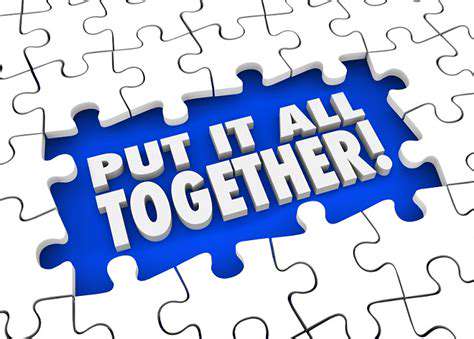
Read more about Guide to Learning from Mistakes
Hot Recommendations
- How to Stay Productive While Working Remotely
- Tips for Managing Conflict with Coworkers
- Entrance & Certification Exams (升学考试)
- How to Improve Your Storytelling Skills (Speaking)
- How to Find Profitable Side Hustles
- Tips for Preparing for the TOEFL iBT Home Edition
- Guide to Switching Careers from [Industry A] to [Industry B]
- How to Run an Effective Hybrid Meeting
- Tips for Marketing Your Side Hustle on Instagram
